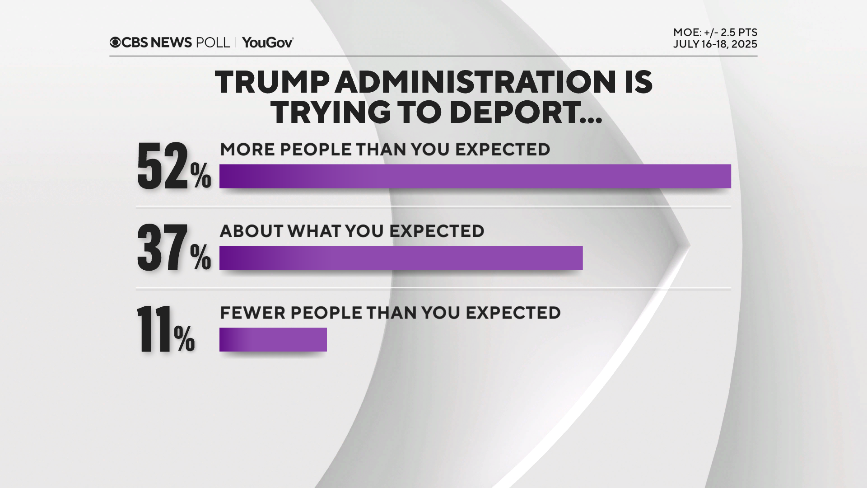
By Sarah Morland
(Reuters) -Caribbean nations are looking to “decisively” broaden opportunities for trade with Africa, the secretary-general of its regional bloc said on Monday, in view of looming uncertainty with its more traditional trade partners.
WHY IT’S IMPORTANT
Stronger trade ties with Africa would signal a key economic shift in a region relies heavily on trade with the U.S., Canada and Europe, in a period of growing protectionism.
In April, Washington imposed a baseline 10% tariff on nearly all its trade partners. It has been levying its power to influence domestic Caribbean policies on issues such as Cuban medical services and citizen-by-investment programs.
KEY QUOTE
“We must decisively open the door to greater trade between our regions,” Caribbean Community (CARICOM) Secretary-General Carla Barnett said at the opening of the AfriCaribbean Trade and Investment Forum in Grenada.
“CARICOM trade with the Continent must grow beyond the current levels of less than 3% of our overall trade, particularly with the uncertainty that currently looms over trade with traditional partners.”
BY THE NUMBERS
The U.S. is CARICOM’s largest trading partner, according to latest data from the Observatory of Economic Complexity (OEC).
The U.S. bought a quarter of the bloc’s $38.8 billion in exports shipped throughout 2023, according to OEC data, and sold 39% the $43.4 billion worth of goods imported into the region.
CONTEXT
Caribbean nations remain particularly vulnerable to global economic shocks such as inflation and pandemics, due to their reliance on tourism, imported food and fuel, and their exposure to climate-related disasters.
Barnett said the region has already collaborated with Africa on so-far unsuccessful campaigns for slavery reparations from former colonizers and for compensation from rich nations for climate change, which disproportionately affects small island states.
(Reporting by Sarah Morland; Editing by David Gregorio)



